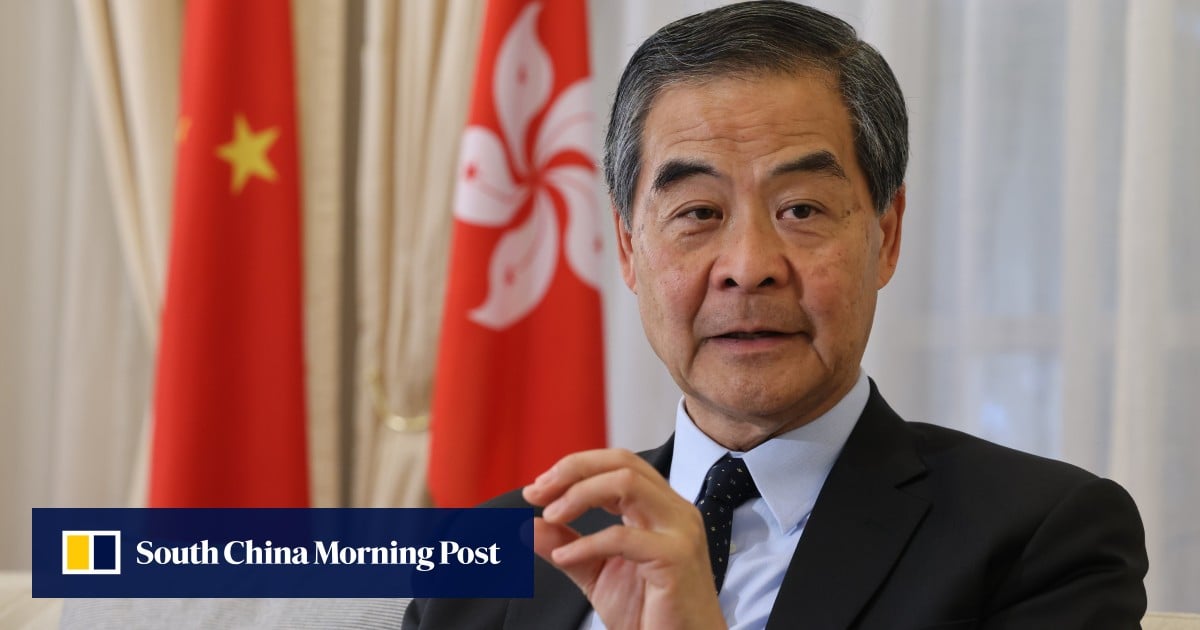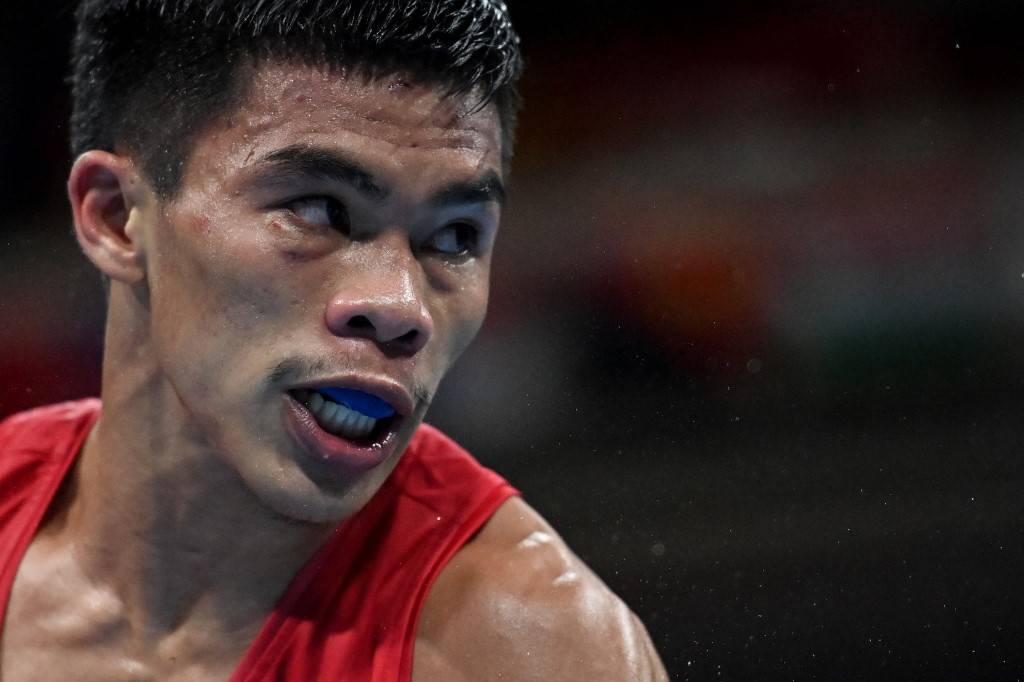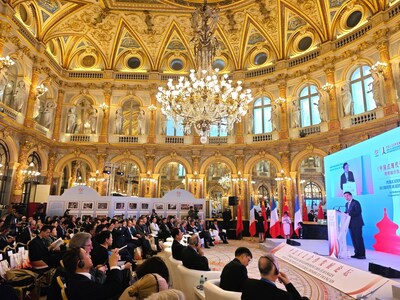Hong Kong’s domestic security legislation is milder than that of Singapore with “a world of difference” as the city’s independent judiciary will determine what amounts to external interference rather than an executive body, former leader Leung Chun-ying has said.
But local authorities should reflect on why Singapore did not draw widespread criticism suggesting it was finished as an international financial centre because of its law, unlike Hong Kong, said Leung, now a vice-chairman of China’s top political advisory body.
The government fast-tracked the legislation mandated by Article 23 of the Basic Law, the city’s mini-constitution, by gazetting the Safeguarding National Security Bill on Friday and tabling it to the legislature for vetting on the same day.
External interference is among five new types of offences introduced under the legislation along with treason; insurrection, incitement to mutiny and disaffection, and acts with seditious intention; theft of state secrets and espionage; and sabotage endangering national security.
Speaking to the Post in Beijing during the “two sessions”, China’s annual political gathering, Leung said the Article 23 bill was less stringent than Singaporean provisions to counteract foreign interference that came into force last year.
He pointed to a recent case in which Singapore invoked its foreign interference law against Hong Kong-born businessman Philip Chan Man Ping, 59, a naturalised citizen. He was designated a “politically significant person” under the law, marking the first such move since the legislation was passed in 2021.
Hong Kong Article 23 penalties similar to those in other common law jurisdictions
Hong Kong Article 23 penalties similar to those in other common law jurisdictions
The Ministry of Home Affairs described Chan’s activities as “directed towards a political end in Singapore”, saying he had also “shown susceptibility to be influenced by foreign actors, and willingness to advance their interests”.
As a designated politically significant person, Chan is required to disclose certain information to the Registrar of Foreign and Political Disclosures annually.
“The Philip Chan case shows that the power [in Singapore] has been invested in a ministry, an executive authority, whereas the power under the Article 23 legislation and the existing national security legislation are vested in an independent judiciary,” Leung said.
“And that’s a world of difference between the two.”
Under the Article 23 bill, external interference refers to those using improper means to bring about an interference effect in collaboration with an external force. The maximum penalty for it is 14 years’ imprisonment.
If passed by the legislature, the new law will empower the secretary for security to prohibit operations of an organisation if there is reason to believe it is “necessary for safeguarding national security”.
External interference was among offences that the Hong Kong Bar Association and legal experts called for clearer definitions in the legislation.
Hong Kong authorities urged to do more to explain proposed domestic security law
Hong Kong authorities urged to do more to explain proposed domestic security law
The group representing the city’s barristers said under the approach in defining external forces, it could legitimately include “anyone who is subject to the lawful authority of another jurisdiction at any point in time”.
Leung also argued that Hong Kong authorities should do more in easing concerns in the international community to maintain the city’s reputation as a financial hub.
“It’s a fact that Singapore’s legislation did not draw international attention and criticism. It’s a fact that people have not said that spelled the end of Singapore’s status as an international financial centre,” he said.
“You have more people saying that Singapore has been able to, in the past few years, attract more regional headquarters to the country, instead of saying about its nature of international politics.”
Regina Ip slams Hong Kong Article 23 bill’s definitions of ‘external forces’
Regina Ip slams Hong Kong Article 23 bill’s definitions of ‘external forces’
Chief Executive John Lee Ka-chiu, lawmakers and top advisers in the city’s key decision-making body attending the two sessions last week cut short their stay in Beijing and returned to Hong Kong for special meetings to expedite the legislation, shortly after a one-month consultation concluded.
Financial Secretary Paul Chan Mo-po earlier said the fast-tracked legislation would not undermine investor confidence in the city.
“Of course, [it is] not affecting the attractiveness and competitiveness of Hong Kong … Let’s do it as quickly as possible. And then let’s move on, concentrate our efforts in working on the economy and developing,” he said.





